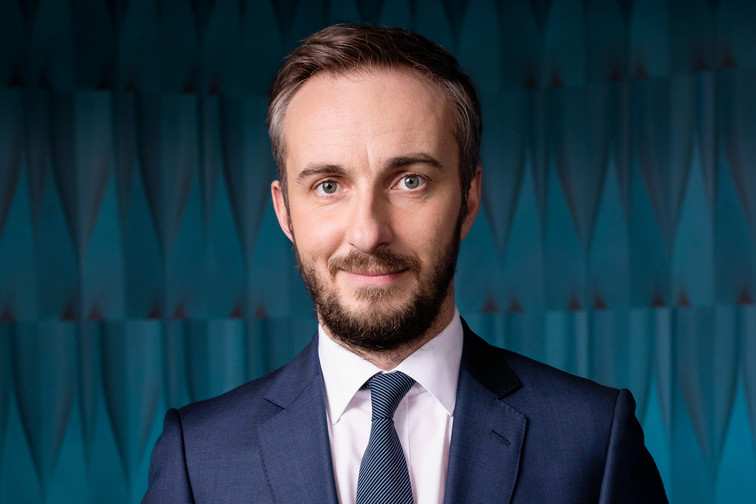ABC’s decision to reinstate Jimmy Kimmel Live! on Tuesday, just six days after pulling the late night show, has fueled international debate over free speech, media independence and the outsize role American talk show hosts play in political life. What it hasn’t done, outside the U.S., is deliver many laughs.
In America, late night has long been more than entertainment. From Johnny Carson and David Letterman to Jon Stewart, Stephen Colbert and Kimmel, hosts have used their monologues — protected by the First Amendment and broadcast to millions — to shape the political agenda. Nowhere else has that model taken root.
Across Europe, satire thrives but on different terms. Jan Böhmermann in Germany, Spain’s El Gran Wyoming, France’s Yann Barthès, Italy’s Maurizio Crozza and Dutch comic Arjen Lubach all share traits with their American counterparts, but none command comparable influence. In Britain, political humor is confined to weekly panel shows such as Have I Got News For You rather than nightly celebrity showcases like The Graham Norton Show. These programs can be sharp, even offensive, but they rarely shift the political dial. Most air weekly, far from the churn of the news cycle and few have an audience to match those of their U.S. contemporaries. As Böhmermann quipped on his show last Friday: “We’re too small to cancel!”
That contrast helps explain the global response to Kimmel’s suspension. In Europe, the affair was seen less as a comic sideshow than as a warning. Böhmermann mocked the decision before pivoting to a parody song with children singing lines such as “find the line and toe it.” Germany’s journalists’ union struck a more serious note, calling the suspension evidence of an “erosion in press freedom” and urging U.S. broadcasters to resist political pressure.
In Spain, El Intermedio responded with heavy irony. “One less communist speaking nonsense on television,” scoffed El Gran Wyoming, feigning nostalgia for Franco-era programming before offering a crude cheer for Trump: “America is moving in the right direction, those damned loser communist pigs can already go look for a real job.”
Elsewhere, the reaction was more blunt. France’s Quotidien and leading newspapers linked the decision to Trump’s influence over the FCC and Disney’s corporate interests. Italy’s Corriere della Sera called the suspension “a summary of almost all of America’s problems,” while La Repubblica branded it simply as censorship. Germany’s Der Spiegel warned of “a systematic attack on freedom of expression” with global implications.
ABC may have hoped Kimmel’s return would put the matter to rest but, internationally at least, the affair left a deeper mark. For decades, American late night hosts have been seen by many — at least among the English-speaking elites who follow them — as the clearest symbol of U.S. free speech in action: Comedians with the nightly license to mock presidents and puncture political power without fear of reprisal. The abrupt suspension of Jimmy Kimmel Live! shook that belief. For those global fans, the Kimmel affair crystallized a larger concern: If political satire can bend under pressure in the U.S., what chance do countries have where the tradition is weaker and the protections far thinner?
